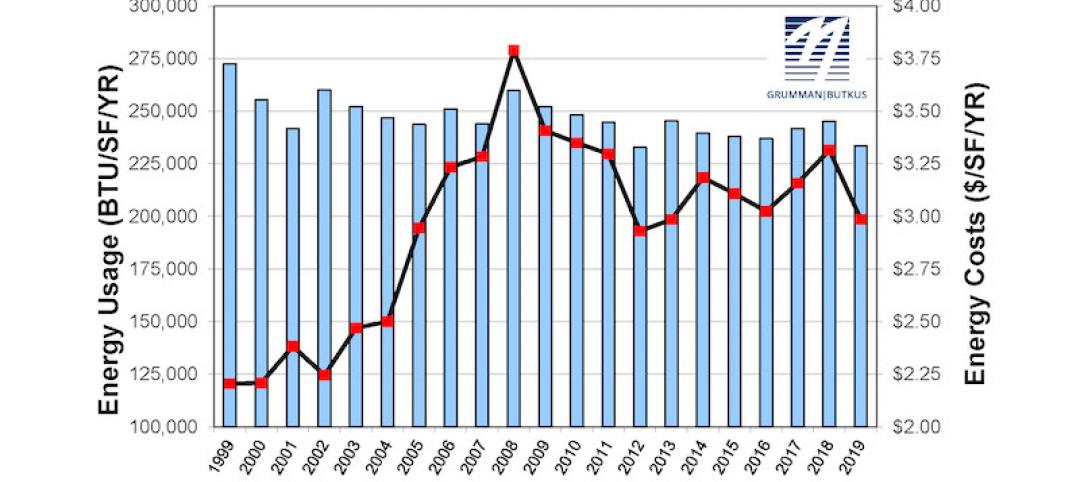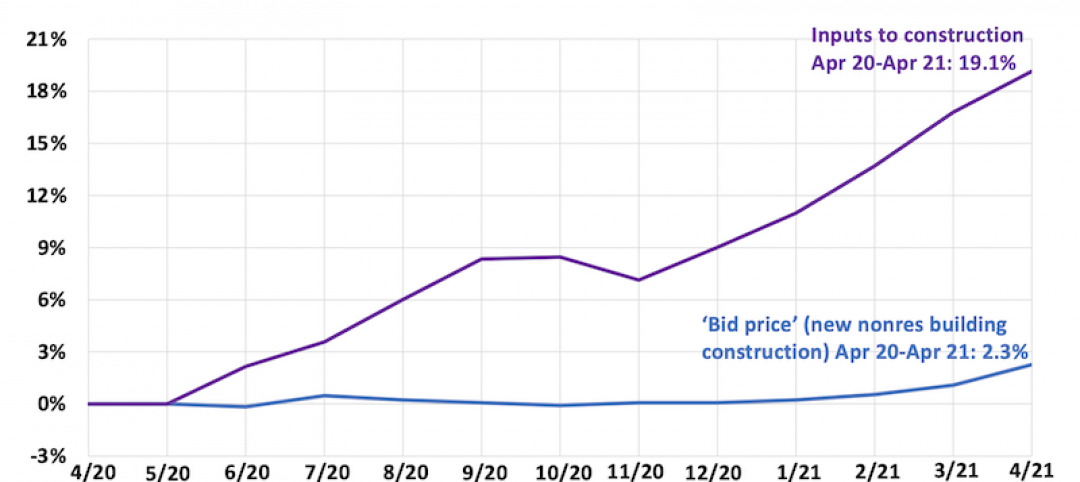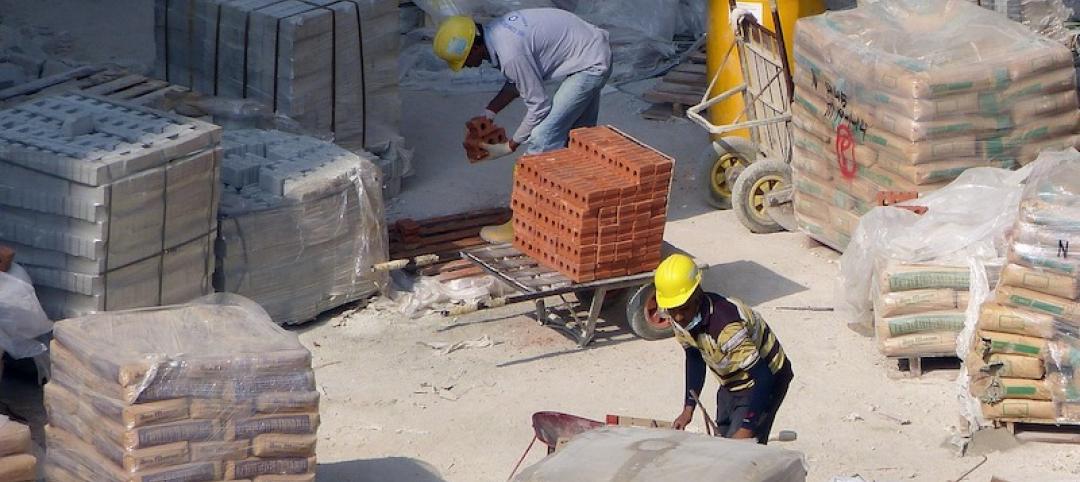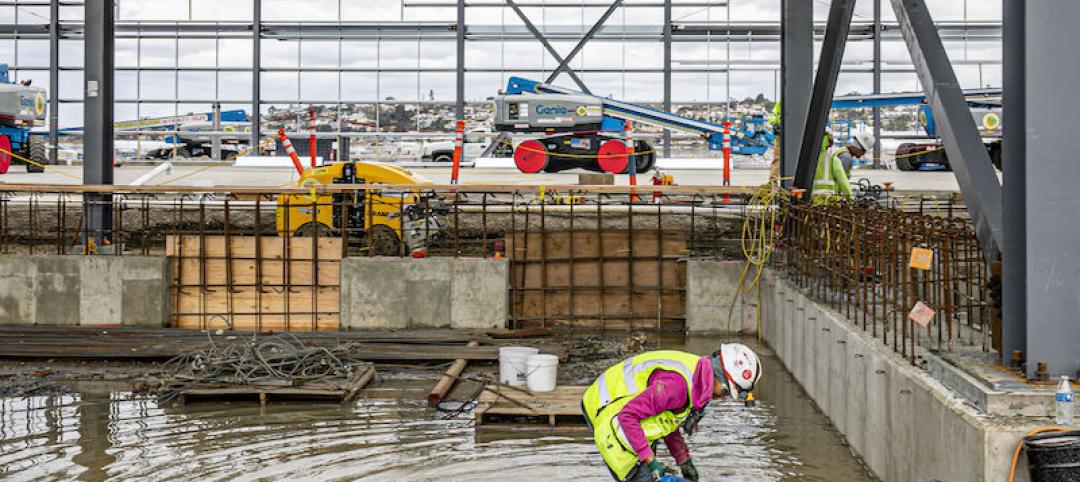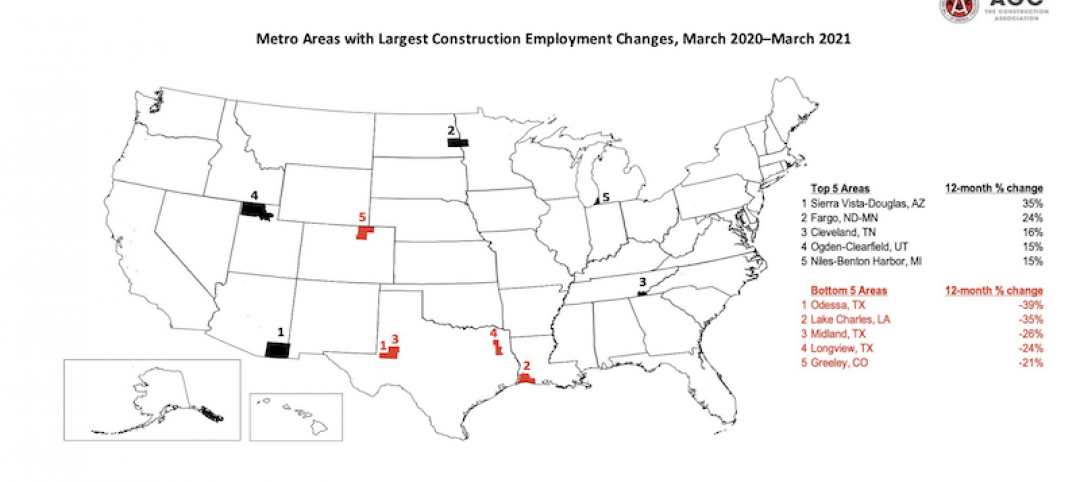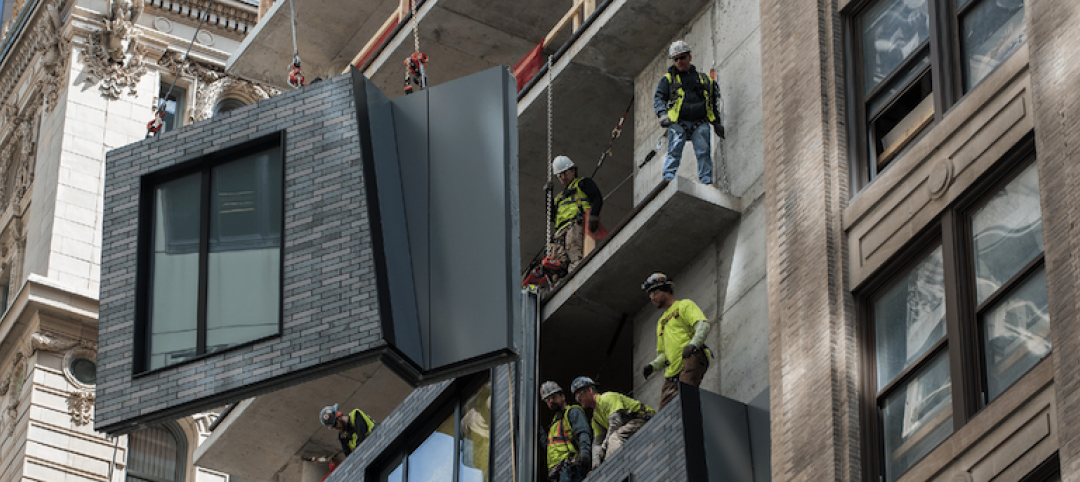Construction employment increased by 158,000 jobs in June, but employment related to infrastructure slipped, according to an analysis by the Associated General Contractors of America of government data released today. Association officials cautioned that additional infrastructure-building job losses are inevitable unless the federal government replenishes depleted state and local budgets for roads and other public works.
“The gain in construction employment in June was concentrated in homebuilding, with scattered increases in nonresidential building, while heavy and civil engineering construction employment—the category that includes many highway and other infrastructure workers—shrank by nearly 10,000 jobs,” said Ken Simonson, the association’s chief economist. “Unfortunately, those infrastructure-related jobs are likely to keep declining as state and local governments postpone or cancel projects in order to cover the huge budget deficits they are facing in the fiscal year that began for many agencies on July 1.”
Simonson noted that the association’s latest survey, conducted June 9-17, found that almost one out of three contractors reported a project that was scheduled to start in June or later had been canceled. He added only one-fifth of firms reported winning new or expanded projects, a share that had held steady since April.
Despite adding 158,000 jobs in June and 453,000 jobs in May, construction employment in June remained 330,000 jobs or 4.4% below the June 2019 level. The heavy and civil engineering construction segment of the industry lost 9,700 jobs in June and 60,100 jobs (-5.6%) over the year. Nonresidential building construction employment increased by 13,100 for the month but declined by 47,000 jobs (-5.5%) over 12 months. Employment among nonresidential specialty trade contractors rose by 71, 300 in June but decreased by 140,000 (-5.2%) from a year earlier.
Job losses were milder in the residential side of construction. Residential building firms added 19,100 employees in June but lost 21,000 positions (-2.6%) over 12 months. Residential specialty trade contractors added 64,100 employees last month but lost 63,000 workers (-3.0%) over the year.
The industry’s unemployment rate in June was 10.1%, with 962,000 former construction workers idled. These figures were two and one-half times as high as in June 2019 and were the highest June levels since 2012.
Association officials said the best way to avoid the expected future construction job losses is for federal officials to quickly enact and implement funding for infrastructure, including highway, bridges, waterways and airports. They noted that the Moving Forward Act passed by the U.S. House of Representatives on Wednesday was a first step in that direction but that a more bipartisan approach is needed for funding to become law.
“We urge officials of both parties, both sides of Capitol Hill, and the Administration to come together promptly on meaningful increases in infrastructure funding,” said Stephen E. Sandherr, the association’s chief executive officer. “Without quick action, the job gains of the past two months will be lost, along with the opportunity to start on improving the nation’s infrastructure at a time when labor availability is high and materials and borrowing costs are low.”
Related Stories
Multifamily Housing | May 18, 2021
Multifamily housing sector sees near record proposal activity in early 2021
The multifamily sector led all housing submarkets, and was third among all 58 submarkets tracked by PSMJ in the first quarter of 2021.
Market Data | May 18, 2021
Grumman|Butkus Associates publishes 2020 edition of Hospital Benchmarking Survey
The report examines electricity, fossil fuel, water/sewer, and carbon footprint.
Market Data | May 13, 2021
Proliferating materials price increases and supply chain disruptions squeeze contractors and threaten to undermine economic recovery
Producer price index data for April shows wide variety of materials with double-digit price increases.
Market Data | May 7, 2021
Construction employment stalls in April
Soaring costs, supply-chain challenges, and workforce shortages undermine industry's recovery.
Market Data | May 4, 2021
Nonresidential construction outlays drop in March for fourth-straight month
Weak demand, supply-chain woes make further declines likely.
Market Data | May 3, 2021
Nonresidential construction spending decreases 1.1% in March
Spending was down on a monthly basis in 11 of the 16 nonresidential subcategories.
Market Data | Apr 30, 2021
New York City market continues to lead the U.S. Construction Pipeline
New York City has the greatest number of projects under construction with 110 projects/19,457 rooms.
Market Data | Apr 29, 2021
U.S. Hotel Construction pipeline beings 2021 with 4,967 projects/622,218 rooms at Q1 close
Although hotel development may still be tepid in Q1, continued government support and the extension of programs has aided many businesses to get back on their feet as more and more are working to re-staff and re-open.
Market Data | Apr 28, 2021
Construction employment declines in 203 metro areas from March 2020 to March 2021
The decline occurs despite homebuilding boom and improving economy.
Market Data | Apr 20, 2021
The pandemic moves subs and vendors closer to technology
Consigli’s latest market outlook identifies building products that are high risk for future price increases.




